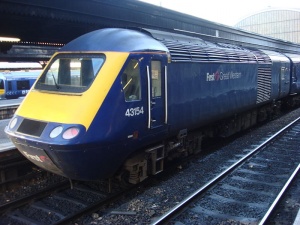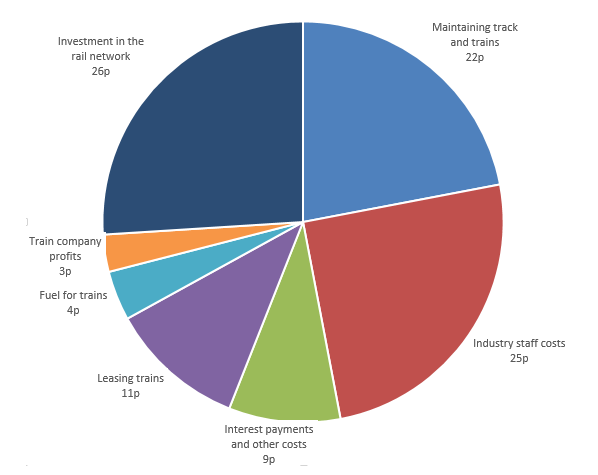Rail fares to increase 1.1 per cent in 2016

With 2016 train ticket prices published today, rail industry leaders have confirmed that fares will rise on average by 1.1 per cent next year, the smallest annual increase for six years.
Passengers can find out the price of new fares and buy tickets online and at ticket offices from today.
The 1.1 per cent average increase covers all national rail fares with effect from January 2nd 2016.
Paul Plummer, chief executive of the Rail Delivery Group which represents train operators and Network Rail, said: “We know that nobody likes to pay more to travel by train, especially to get to work, and at 1.1 per cent this is the smallest average increase in fares for six years.
“On average 97p in every pound from fares is spent on trains, staff and other running costs.
“With passenger numbers doubling in the last 20 years, money from fares now almost covers the railway’s day-to-day operating costs.
“This allows government to focus its funding on building a bigger, better network when the railway is becoming increasingly important at driving economic growth, underpinning jobs, and connecting friends and families.
“As an industry, we are working closer together to deliver better stations, more trains and improved services, and to get more out of every pound we spend.”
Where do rail fares go?
Why are fares so high?
Research published by the independent watchdog Transport Focus shows that while Britain had relatively high fares for some types of journeys compared to other countries in Europe, it also found that we have some of the lowest ticket prices for long distance journeys with operators now selling more and more cheap tickets.
Discounting by train companies has contributed to passenger numbers more than doubling in the last 20 years.
There were 1.65 billion journeys a year on our railway last year.
That’s 4.5 million a day.
Nearly half (47 per cent in 2013-14) of all passenger revenue comes from discounted tickets, up from 38 per cent eight years earlier.
The proportion of rail journeys made on discounted tickets has increased too.
The number of journeys made on cheaper Advance and Off-Peak tickets has increased significantly.
Britain has Europe’s fastest growing railway.
Rail journeys per head of population here grew 60 per cent between 1998 and 2013 to 24.7 a year, overtaking the Netherlands (20.6), widening the gap with France (17.7) and catching up with Germany (24.9).


